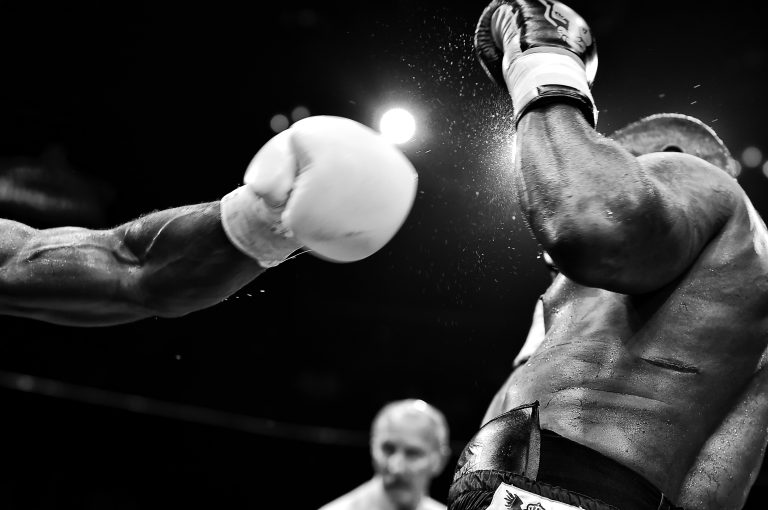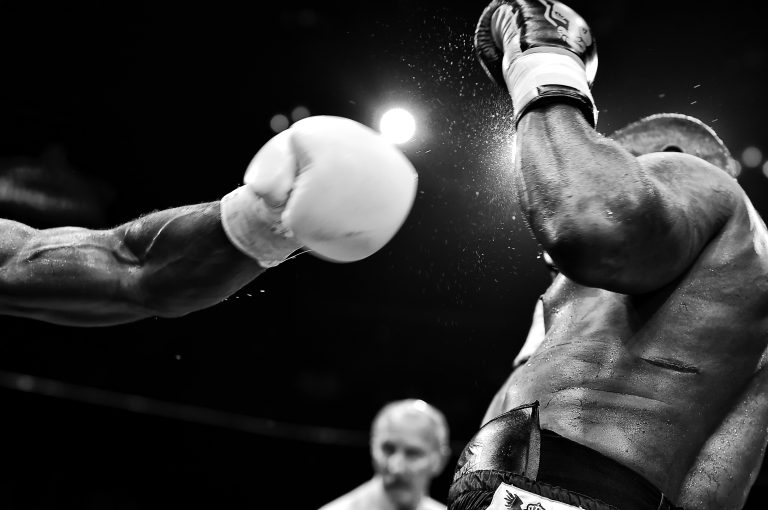How to Learn Karate Correctly: A Guide for Beginners
Karate is a powerful martial art that can help you develop discipline, focus, and physical strength. However, learning karate correctly requires commitment, patience, and guidance from a qualified instructor. In this guide, we will help you get started on your karate journey with our tips on how to learn karate correctly as a beginner.
Find a Qualified Instructor
Before you start learning karate, it’s important to find a qualified instructor who can guide you through each step of your journey. Look for an instructor who has experience teaching beginners and is certified by a reputable karate organization. The instructor should be able to demonstrate proper techniques and provide individual feedback to help you improve.
Wear the Right Gear
When practicing karate, it’s essential to wear the right gear. Invest in a good quality karate uniform or gi, which consists of a jacket, pants, and a belt. The belt color represents your progress and mastery level in karate. White is for beginners, and black is the highest level. Also, wear comfortable shoes or barefoot while training.
Practice Basic Techniques Regularly
Learning karate requires repetition and practice of basic techniques. It’s important to start with the fundamentals, such as punches, kicks, blocks, and stances. These techniques build a strong foundation for advanced moves. Ask your instructor to demonstrate the techniques and practice them regularly. Take your time and master one technique at a time.
Develop Your Strength and Flexibility
Karate requires physical strength and flexibility. Strength training helps you develop a stronger core, arms, and legs, while flexibility helps you improve your range of motion and avoid injuries. Incorporate exercises such as push-ups, squats, lunges, and stretches into your training routine.
Improve Your Focus and Discipline
Learning karate requires focus and discipline. It’s essential to develop mental strength and control your emotions. Practice meditation and breathing techniques to improve your focus and calm your mind. Also, set specific goals and objectives for each training session and track your progress regularly.
Conclusion
In conclusion, learning karate correctly as a beginner requires dedication and patience. Find a qualified instructor, wear the right gear, practice basic techniques regularly, develop your strength and flexibility, and improve your focus and discipline. By following these tips, you can start your karate journey on the right foot and reap the benefits of this amazing martial art.
How to Learn Karate Correctly: A Guide for Beginners
If you are new to karate, you might be wondering where to start. Learning karate is not only about the physical aspects; there is a lot of mindset training and discipline involved as well. To help you start on the right path, we have put together this guide to answer the most frequently asked questions about learning karate correctly.
1. What is Karate?
Karate is a martial art originating in Okinawa, Japan. It is a system that emphasizes striking techniques such as punches, kicks, and knee strikes, as well as open-handed techniques such as knife-hands, palm strikes, and finger jabs. Karate also includes grappling and joint locks, although these are not as commonly practiced.
2. What are the benefits of learning Karate?
Learning Karate has numerous benefits, including physical fitness, self-defense, and mental well-being. Here are some of the main benefits of practicing Karate:
i. Physical Benefits:
Karate training is an excellent way to increase your physical fitness. It helps you develop strength, agility, balance, and flexibility. Since Karate is a full-body workout, you will burn a lot of calories, which can help you achieve your weight loss goals.
ii. Self-Defense:
Karate techniques can be used for self-defense purposes. If you find yourself in a threatening situation, knowing how to defend yourself can help you feel more confident and in control.
iii. Mental Well-Being:
Karate training involves a lot of mental discipline, which can help alleviate stress and anxiety. Learning to focus on your breathing and body movements can be meditative and calming.
3. How do I get started with Karate?
To get started with Karate, the first thing you need to do is find a reputable Karate school or dojo. Do some research online and read reviews from other students to find a school that suits your needs. Once you’ve found a school, you can sign up for an introductory class.
4. What should I expect in my first Karate class?
In your first Karate class, you can expect to do some warm-up exercises, practice basic techniques such as punches and kicks, and learn some Kata or forms. The instructor will also go over some basic rules and etiquette such as bowing and addressing other students.
5. What equipment do I need for Karate?
To get started with Karate, you will need a Karate uniform, or Gi, as well as a belt to indicate your rank. You may also want to invest in a mouthguard, gloves, and shin guards, especially if you plan to participate in sparring.
6. How long does it take to become proficient in Karate?
The amount of time it takes to become proficient in Karate depends on how often you practice and how much effort you put into it. Typically, it takes several months to years to attain a black belt, which is considered a significant achievement in Karate. However, it’s important to remember that learning Karate is a lifelong journey, and there is always room for improvement.
7. Can anyone learn Karate?
Yes, almost anyone can learn Karate. However, it’s essential to consult your doctor before starting any new physical activity, especially if you have any underlying health conditions. Karate is also an inclusive sport, and people of all ages, genders, and abilities can participate.
8. What do I need to know about Karate etiquette?
Karate etiquette is crucial, and all students are expected to follow certain rules and codes of conduct. Here are some essential Karate etiquette tips to keep in mind:
– Bow when entering and leaving the dojo, as well as when greeting the instructor and other students.
– Listen carefully to the instructor and follow their instructions at all times.
– Never use your Karate skills outside of the dojo unless it’s for self-defense purposes.
– Always show respect to fellow students and instructors.
Conclusion
Learning Karate correctly involves not only physical training but also mental discipline and respect for others. By following the tips in this guide and finding a reputable Karate school, you can start on the path to becoming a proficient Karate practitioner. Remember that Karate is a journey, and with dedication and hard work, you can achieve your goals and reap the many benefits of this ancient martial art.
Inhaltsverzeichnis





